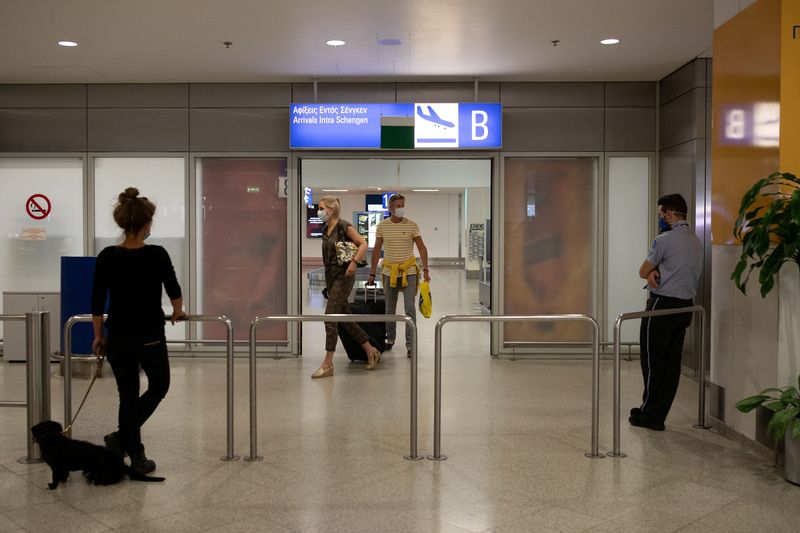By Pablo Mayo Cerqueiro, Andres Gonzalez and Elisa Anzolin
LONDON (Reuters) - A string of stock listings this year has infused new life into Europe's anaemic market for initial public offerings, but for some smaller companies it may take longer to open up, bankers told Reuters.
While the listings of CVC, Galderma and Puig have made money for investors and helped drive a fourfold increase in IPO volumes so far this year, some have struggled.
German on-road payments provider DKV Mobility scrapped plans for a listing, Reuters reported last week.
Last month, Portuguese insurer Fidelidade, backed by China's Fosun International, called off an IPO of its private hospital arm Luz Saude, citing market "instability". "The IPO market is open for certain assets, but we're not yet at a point where there's a price for everything," said Andrew Briscoe, head of Bank of America's equity capital markets syndicate for Europe, the Middle East and Africa.
"It's going to be more interesting to see what happens post-Q1 earnings because the pipeline of IPOs is more mid-cap in nature."
Having access to the stock market allows companies and their backers to raise funds that can be plowed into the businesses or for investments elsewhere.
LIQUIDITY RULES
The liquidity in shares - the ability to buy and sell easily - remains the main challenge for IPOs, Briscoe said.
This is, in most cases, a function of the size of the deal but also how shares behave once they start trading, he added.
"The bigger the deal, the easier it is to get done because you have more liquidity and index relevance," agreed Gareth McCartney, global co-head of ECM at UBS.
Smaller companies have to fit into attractive investment themes such as defence and software to entice investors, he said.
Multiple midsize IPOs have been successful.
Shares in Renk - a supplier of gearboxes for Germany's Leopard tanks - have doubled since its IPO in February, while French enterprise software provider Planisware has risen more than 40%.
Both had failed to list last year but came back with deals supported by cornerstone investors.
Defence company Theon International and Athens International Airport are also trading above their IPO prices.
This greater focus on liquidity in IPOs is similar to what is happening in the stock market, where performance has become more concentrated around a few larger stocks, said Saadi Soudavar, co-head of EMEA ECM at Deutsche Bank.
"But we expect small and mid-cap stocks to start performing given their relative value proposition over the next 12 months," he said.
DEALS IN PLANNING
The recent revival in IPOs after two years of muted activity comes on the back of a brighter economic outlook that has led to higher stock prices.
It also comes as pressure builds on private equity funds, which ballooned during the era of low interest rates, to return cash to their funders.
The rest of the year is expected to feature more "marquee" transactions that are likely to do well with investors, said Alex Watkins, co-head of international ECM at JPMorgan, describing the overall state of the market as much healthier.
"But for the broader smaller-cap IPO pipeline, these companies will need very clear story differentiation to stand out," he said.
Among this year's candidates is Italian fashion brand Golden Goose, which has been considering a Milan IPO as soon as next month, sources familiar with the matter told Reuters.
The company and its private equity owner Permira declined to comment.
Spanish frozen bakery supplier Europastry is also gearing up for a potential listing before the summer holidays, a source familiar with the plans said.
A spokesperson for Europastry declined to comment.

Others like German transport group Flix, Spanish fashion group Tendam and business-to-businesses hotel booking group Hotelbeds have also been preparing to go public.
German academic publisher Springer Nature has lined up banks to launch an IPO as early as this year, Reuters reported last week.